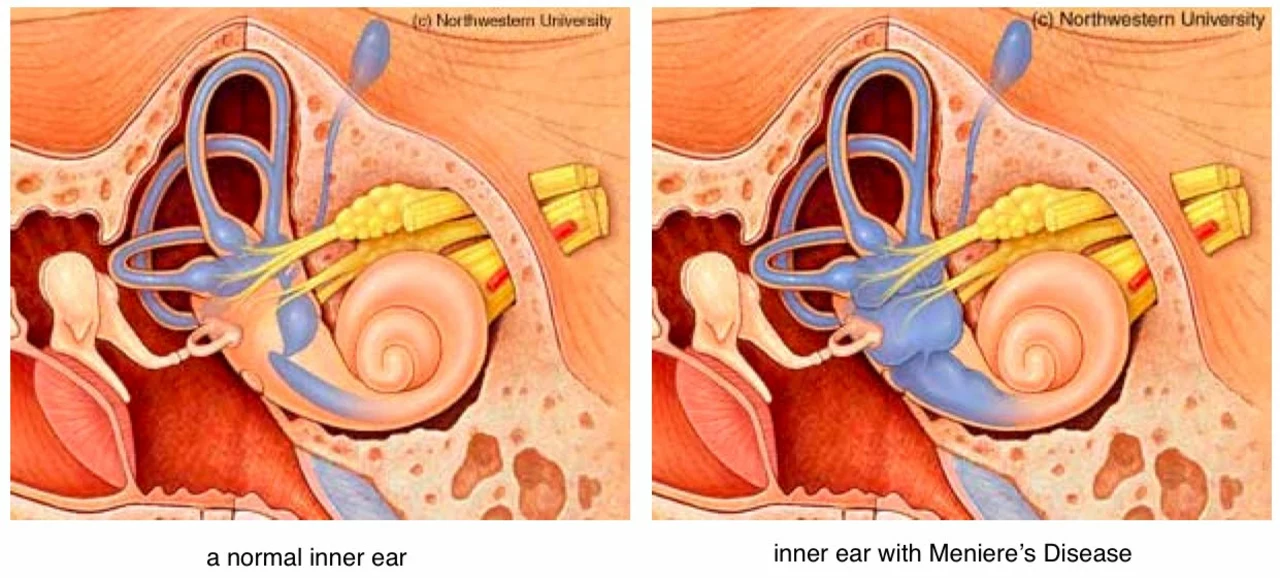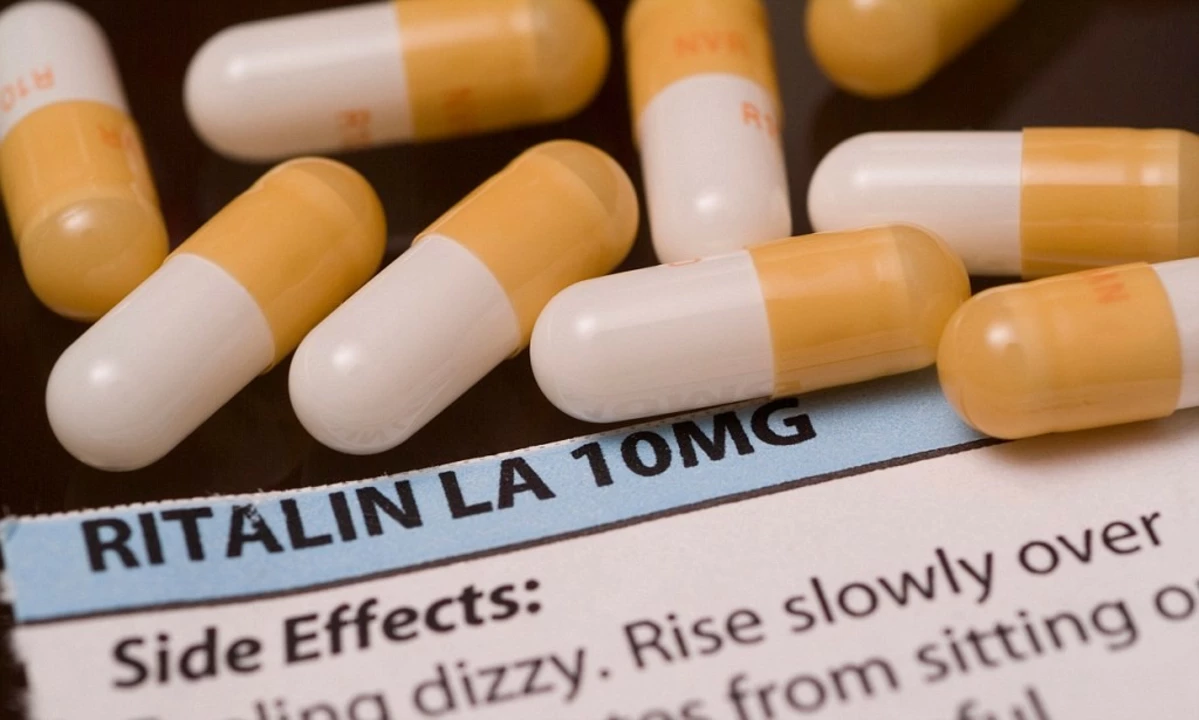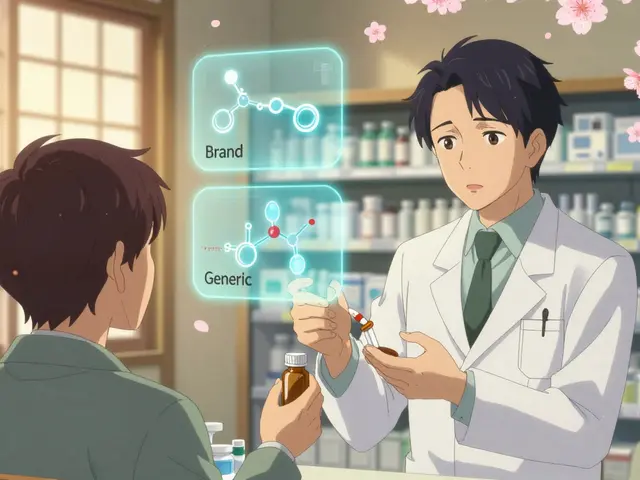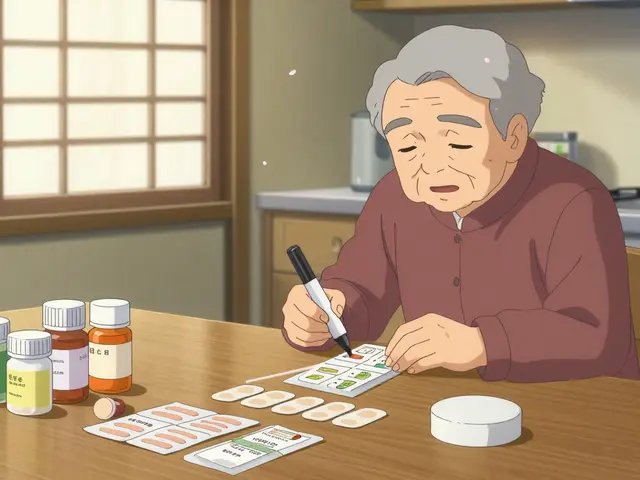Children Health Guides – Safe Medication Tips & Resources
If you’re a parent or caregiver, you know that picking the right medicine for a child feels like a high‑stakes game. One wrong move can cause worry, side effects, or wasted money. That’s why we’ve pulled together simple, trustworthy info on everything from buying pills online to choosing kid‑friendly alternatives.
Why Child‑Specific Information Matters
Kids aren’t just small adults. Their bodies process drugs differently, and the dosage that works for an adult can be dangerous for a youngster. That’s why you need sources that focus on pediatric safety, not generic advice. We flag articles that talk about dosing rules, age limits, and real‑world experiences from other parents.
Another big piece is pharmacy reliability. Buying medication online can save time, but it also opens the door to counterfeit products. When a site claims to ship “children’s antibiotics” or “pediatric hormone therapy,” you need a checklist: does the pharmacy have a licensed pharmacist, clear prescription requirements, and secure payment?
Top Articles for Parents and Caregivers
Our tag page gathers the most useful posts right now. Prelone alternatives for kids explains why PediaPred might be a safer choice for pediatric steroid needs, breaking down dosage and side‑effect profiles in plain language.
If you’re looking at online purchases, check out the guide on legitimate Canadian pharmacies. It walks you through credential checks, encryption basics, and how to confirm pharmacist access before you click “buy.”
For allergy sufferers, our article on Allegra for children details what fexofenadine does, the right age to start, and tips to avoid common stomach upset. It also lists non‑drug options like air filters and nasal rinses.
When a child needs migraine relief, you’ll find a clear rundown of alternatives to Inderal, including topiramate and newer CGRP blockers, plus lifestyle tweaks that actually lower attack frequency.
Each post follows the same easy‑read format: short intro, bullet‑style key points, and a quick “what to ask your doctor” checklist. No jargon, no fluff—just the facts you need before you talk to a healthcare professional.
We update these guides regularly, so the info stays fresh for 2025 drug changes, price shifts, and new safety alerts. Bookmark the page and come back whenever you have a question about a child’s medication.
Got a specific concern that isn’t covered? Use our contact form to suggest topics or ask follow‑up questions. We’re here to make pediatric health info clear, reliable, and easy to act on.
Can betahistine help with symptoms of Meniere's disease in children?
In a recent blog post, I discussed the potential benefits of betahistine in treating symptoms of Meniere's disease in children. Meniere's disease is a disorder that affects the inner ear, causing symptoms like vertigo, hearing loss, and tinnitus. Some studies have suggested that betahistine, a medication commonly used to treat vertigo, may also help alleviate these symptoms in children suffering from Meniere's disease. However, more research is needed to confirm the efficacy and safety of betahistine for pediatric use. It's crucial for parents and healthcare providers to stay informed about the latest treatment options and continue exploring ways to improve the quality of life for children affected by this challenging condition.
Acitretin for Children: Is It a Safe Treatment Option?
As a concerned parent, I've been researching Acitretin as a potential treatment option for my child. From what I've gathered, Acitretin is a medication used primarily for severe psoriasis in adults. However, its safety and efficacy in children is still being debated among medical professionals. While some studies show promising results, others express concerns about potential side effects, such as bone growth abnormalities. As a result, I believe it's important to weigh the risks and benefits with a healthcare provider before considering Acitretin for our little ones.







